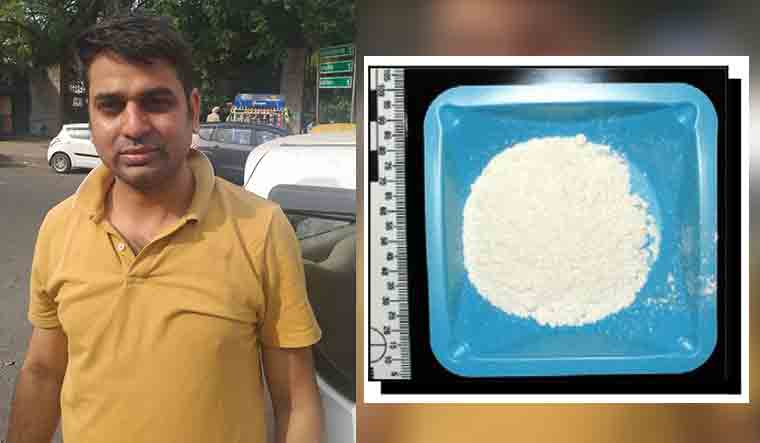London: Kishan Singh, accused of operating an international drugs cartel, has been extradited to India. Kishan Singh will now face charges of supplying illegal drugs, official sources said Monday. The 38-year-old British citizen of Rajasthani origin was handed over by the Metropolitan Police Extradition Unit to officials from India. Kishan flew out from Heathrow Airport on an Air India flight and arrived Sunday evening in New Delhi.
Kishan is accused of supplying recreational drugs such as mephedrone, also known as ‘White Magic’ and ‘Meow Meow’, and ketamine in India in 2016-17. He was arrested on an extradition warrant here in August 2018. Kishan had opposed his extradition on human rights grounds and adverse prison conditions at Tihar Jail in Delhi, where he is expected to be lodged. However, District Judge John Zani had ruled in favour of his extradition at Westminster Magistrates’ Court in London in May 2019.
Following over two years of legal processes, Kishan’s case marks the second successful extradition from the UK to India, after alleged cricket match-fixing scandal bookie Sanjeev Chawla was extradited in February last year.
While it is being viewed as another success under the India-UK Extradition Treaty, the case is not among the high-profile extraditions sought by India from Britain involving big-ticket fraud and money laundering allegations faced by economic offenders such as former Kingfisher Airlines boss Vijay Mallya and diamond merchant Nirav Modi.
While Mallya’s case has exhausted all levels of legal appeals against extradition and awaits a decision on a ‘confidential’ route he has applied to stay on in the UK, Nirav’s case is with UK Home Secretary Priti Patel after District Judge Sam Goozee had concluded that there were no legal bars to his extradition to face the Indian judicial system.
Kishan had used the same prisons expert witness as in the cases of Mallya and Modi – Dr Alan Mitchell, a medical practitioner and chair of the Independent Prisons Monitoring Group in Scotland. But, back in May 2019, District Judge Zani had found that the extradition meets the Article 3 obligations under the European Convention on Human Rights, relating to inhuman and degrading treatment or punishment. He also found the case ‘satisfied the prima facie test’ and had sent his ruling to the Home Secretary.
